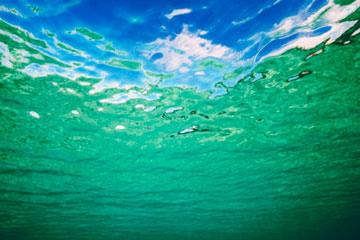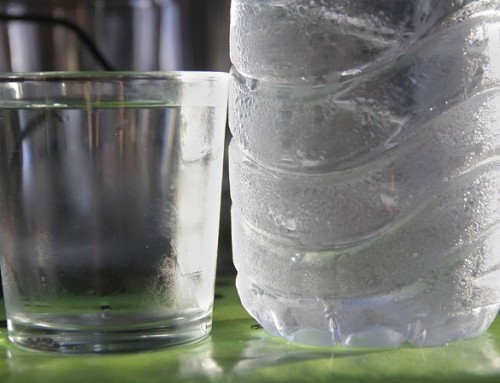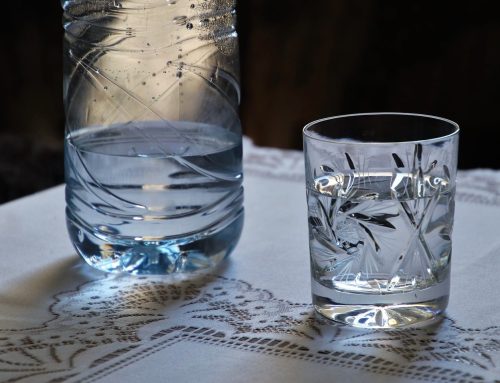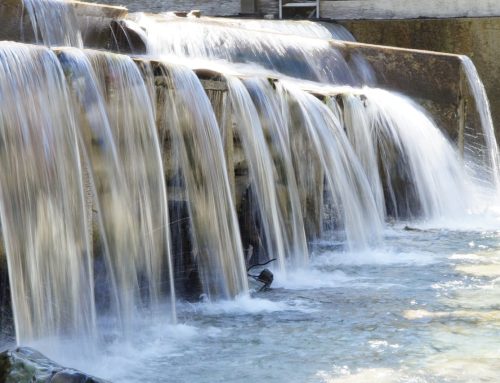 Although humans need to drink water regularly in order to remain hydrated and healthy, drinking saltwater can be deadly.
Although humans need to drink water regularly in order to remain hydrated and healthy, drinking saltwater can be deadly.
Getting marooned on a desert island may sound like more fun than being stuck at work in a hot office with hectic deadlines, but unless there is a source of fresh water on that island, it may not be as much fun as you thought.
Drinking Saltwater Can Be Deadly
Although 71% of the surface of the planet is covered in water, most of that is saltwater, and you may be able to take a dip in the ocean to cool yourself off, but that will not help lower your core body temperature or fend of dehydration, and drinking saltwater can be deadly
[Source: McLamb].
Water is the universal solvent, and the human body needs it in order for us to use our muscles, metabolise food, pump our blood, get rid of toxins, protect our joints, deliver vital nutrients to our cells, maintain core body temperature, and even to think.
The human body also needs salt in the form of sodium and chloride ions in our extracellular fluids; these salts are needed to perform some of the same chemical reactions that water does, so why can one not drink salt water?
Humans need to eat a little bit of salt for our physiological well-being, and let’s face it, chips taste like nothing without salt and vinegar on them but too little or too much can be dangerous for our health [Source: Stoppler].
The magic number for the amount of salinity that we need in order for our bodies to function optimally is 9; every 1,000 grams of fluid contains 9 grams of salt and 991 grams of water. Medically speaking, fluids that have the same salinity as blood are referred to as isotonic [Source: Ocean Health].
Saltwater is a hypertonic fluid, which means that it contains more salt than human blood; it has a salinity of 35 [Source: U.S. Geological Survey].
Potential Negative Effects of Drinking Saltwater
The human body can normalise sodium and chloride concentrations to a degree, but extremely high concentrations of salt in the body creates massive problems. A cell’s membrane is semipermeable, which means that water can easily diffuse in and out of a cell, but sodium, chloride and other substances may not be able to. This could result in a higher salt concentration on the outside of our cells than on the inside, causing the water to move from the inside to the outside in an attempt to correct the imbalance; this is called osmosis.
Drinking seawater, which has a salinity factor that is almost four times that of our bodily fluids, will cause osmosis in overdrive, causing the cells to shrink considerably and eventually die. The body will attempt to regain an isotonic state by eliminating the excess sodium from its extracellular fluids in the form of urine. Human kidneys however can only produce urine that’s marginally less salty than saltwater, so in an attempt to get rid of the extreme amount of sodium ingested in the form of saltwater, we urinate more water than we actually drank, which leads to dehydration.
It stands to reason then that drinking seawater will actually result in a net loss, which will lead to depleted body fluids, dry mouth, thirst, muscle cramps, headaches and more. Your heart-rate will go up as your body attempts to compensate for fluid loss; it will also constrict your blood vessels to maintain blood pressure and flow to vital organs.
As you get more dehydrated, you will most probably feel nauseous, weakness and even delirium. If you still do not drink fresh water at this stage, less blood is sent to the brain and your other organs, and this could lead to coma, organ failure and eventually death.
While taking a few sips of saltwater will not kill you, the overall message is that drinking saltwater can be deadly.
Living-Water sells water coolers and cheap water dispensers to companies in London. Buy water cooler or rent water coolers for your home or office.





